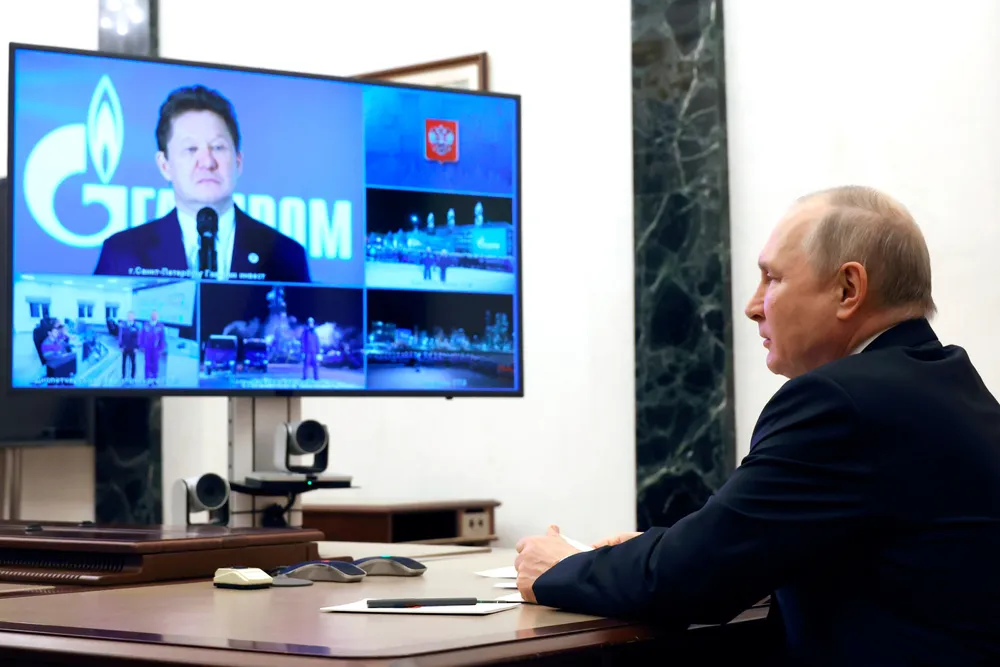Gazprom determined to hit Chinese and Russian targets within 10 years
Russian state-controlled gas giant’s executive chairman paints bright future for company that has lost its most profitable market, burns cash and grows debt

Russian state-controlled gas giant’s executive chairman paints bright future for company that has lost its most profitable market, burns cash and grows debt
